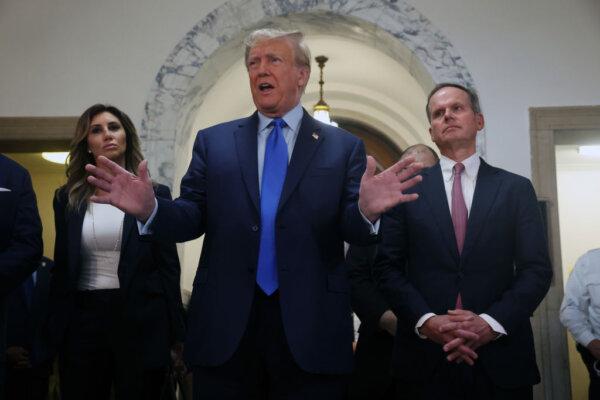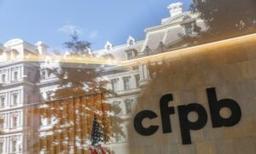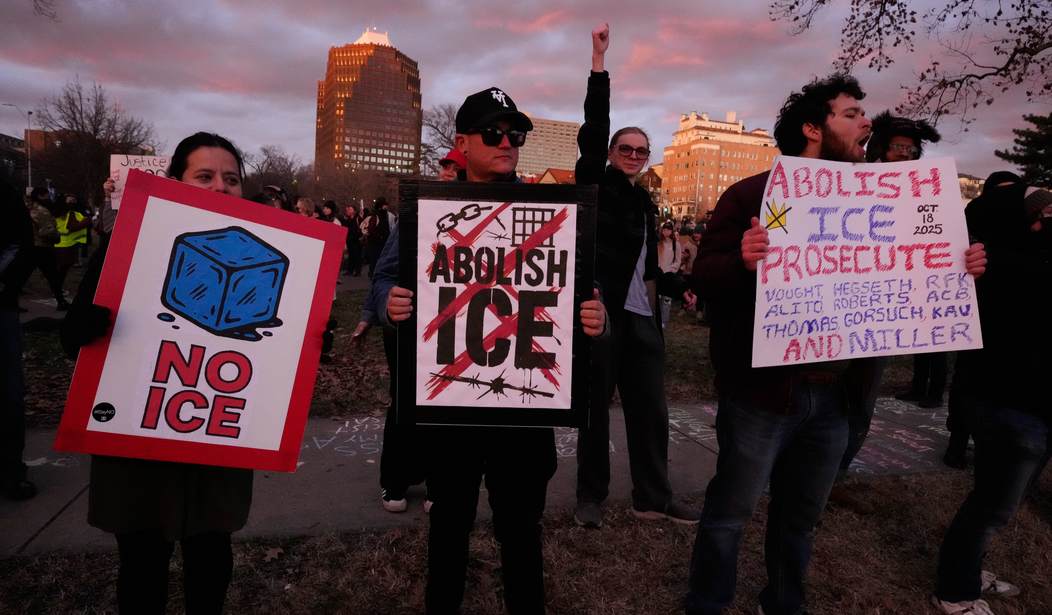The former president's eligibility to be on 2024 presidential ballot is being challenged in a number of states.
The U.S. Supreme Court on Monday declined to take a longshot challenge to former President Donald Trump's eligibility on New Hampshire's ballots during the 2024 election.
John Anthony Castro filed an appeal with the Supreme Court several weeks ago and claimed that the former president should be disqualified under a reading of a section of the U.S. Constitution's 14th Amendment. Mr. Castro, a Texas lawyer who is running for president, claimed President Trump partook in an insurrection against the federal government due to the Jan. 6, 2021, Capitol breach.
His petition with the high court comes as a number of left-wing activist groups have tried to block the former president from appearing on state ballots, using a rationale similar to Mr. Castro's arguments.
For example, the left-wing group Free Speech for People wrote to the secretaries of state of Florida, New Hampshire, New Mexico, Ohio, and Wisconsin, calling on them to not include President Trump on state ballots. Six Colorado voters also filed a lawsuit earlier in September to block him from appearing under their interpretation of the 14th Amendment, which was written in the aftermath of the U.S. Civil War in the mid-19th century.
"We're not the eligibility police. We are responsible for ensuring that basic facts are met to get someone on the ballot," Michigan Secretary of State Jocelyn Benson, a Democrat who has frequently been critical of the former president, told Axios in September. She was responding to calls from pressure groups to keep him from being on the ballot in her state.
As for Mr. Castro, he's filed lawsuits in multiple states, including Alaska, Arizona, Idaho, Kansas, Maine, Montana, New Mexico, Nevada, North Carolina, Oklahoma, Pennsylvania, Utah, West Virginia, and Wyoming, according to a recent Newsweek interview. He also intends to submit court papers in Massachusetts and others.
President Trump has not issued a public comment on Mr. Castro's claims. Several weeks ago, Trump spokesperson Steven Cheung told Newsweek about Mr. Castro: "Who's that?"

Mr. Cheung has been critical of lawsuits and efforts to bar him from ballots under interpretations of the 14th Amendment.
"The people who are pursuing this absurd conspiracy theory and political attack on President Trump are stretching the law beyond recognition, much like the political prosecutors in New York, Georgia and D.C.," Mr. Cheung said in a statement to news outlets last month, adding: "There is no legal basis for this effort except in the minds of those who are pushing it."
The former president wrote on Truth Social in September that the 14th Amendment claims are merely "election interference" and represent "just another 'trick' being used by the Radical Left Communists, Marxists, and Fascists, to again steal an Election."
"A fair reading of the text and history of the 14th Amendment makes it relatively clear, however, that the disability provision was intended to apply to those who served the Confederacy during the Civil War," he wrote. "It wasn’t intended as a general provision empowering one party to disqualify the leading candidate of the other party in any future elections."
The justices rendered their action on Mr. Castro's claim on Oct. 2, the first day of their new nine-month term. However, it might not be the final time the Supreme Court is asked to evaluate the 14th Amendment-related claims against the former president because similar litigation is playing out in lower courts.




No comments:
Post a Comment